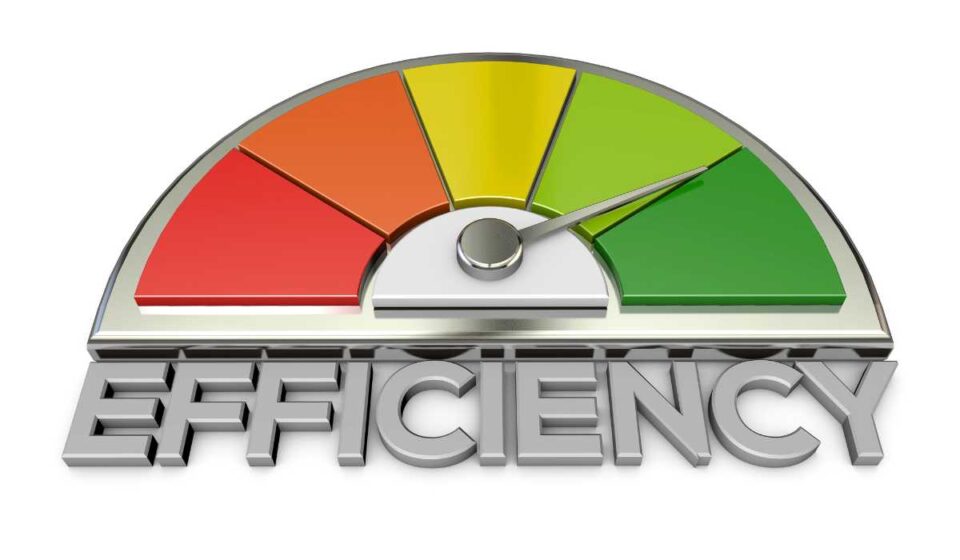In today’s competitive market, businesses must continuously refine their processes to maximize efficiency and profitability. Process optimization involves identifying inefficiencies, eliminating waste, and implementing improvements that enhance productivity. Companies that streamline their workflows can reduce operational costs, improve customer satisfaction, and gain a competitive edge. By leveraging technology, automation, and strategic planning, businesses can create a well-structured system that drives success.
The first step in process optimization is analyzing current workflows to identify bottlenecks and redundancies. This can be done through process mapping, data analysis, and employee feedback. Understanding where inefficiencies exist allows businesses to take targeted actions for improvement. Additionally, businesses should establish clear objectives to measure progress, ensuring that optimization efforts align with overall goals.
Automation plays a crucial role in streamlining business operations. Implementing tools such as customer relationship management (CRM) systems, project management software, and artificial intelligence can help reduce manual tasks and improve accuracy. By automating repetitive processes, businesses free up valuable time and resources, allowing employees to focus on high-value tasks that contribute to growth and innovation.
Effective communication and collaboration are essential for successful process optimization. Ensuring that teams have access to the right information and tools can enhance coordination and reduce delays. Encouraging a culture of continuous improvement, where employees actively contribute ideas for efficiency, fosters long-term success. Regular training and upskilling also help employees adapt to new technologies and workflows, making the transition to optimized processes smoother.
Ultimately, process optimization is an ongoing effort that requires monitoring and adaptation. Businesses must regularly evaluate their processes, gather feedback, and make necessary adjustments to stay ahead of industry changes. By continuously refining operations, organizations can enhance productivity, reduce costs, and improve overall performance, ensuring long-term sustainability and growth.


